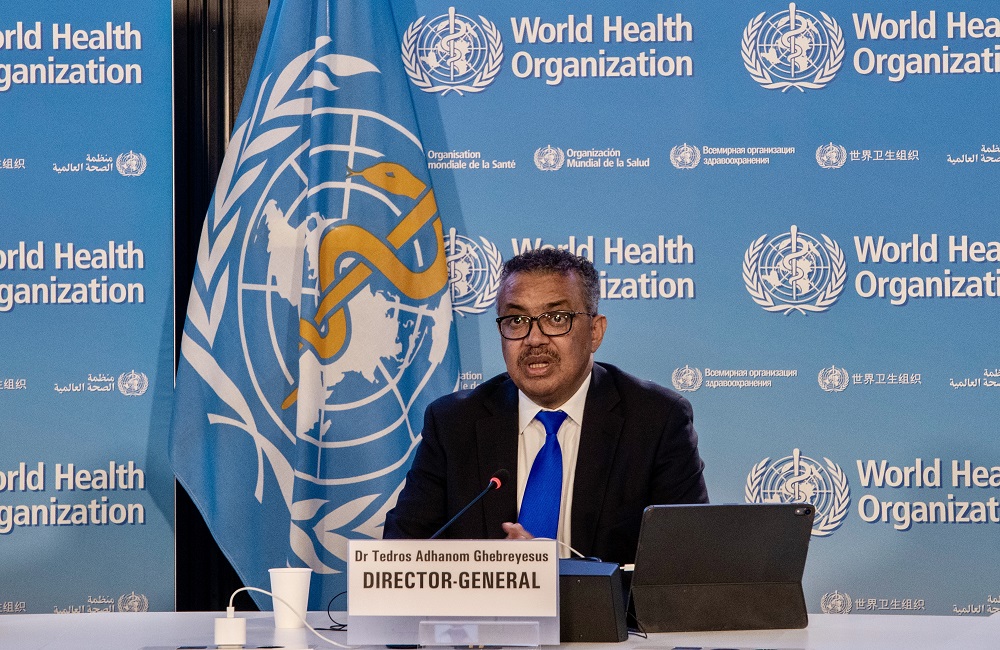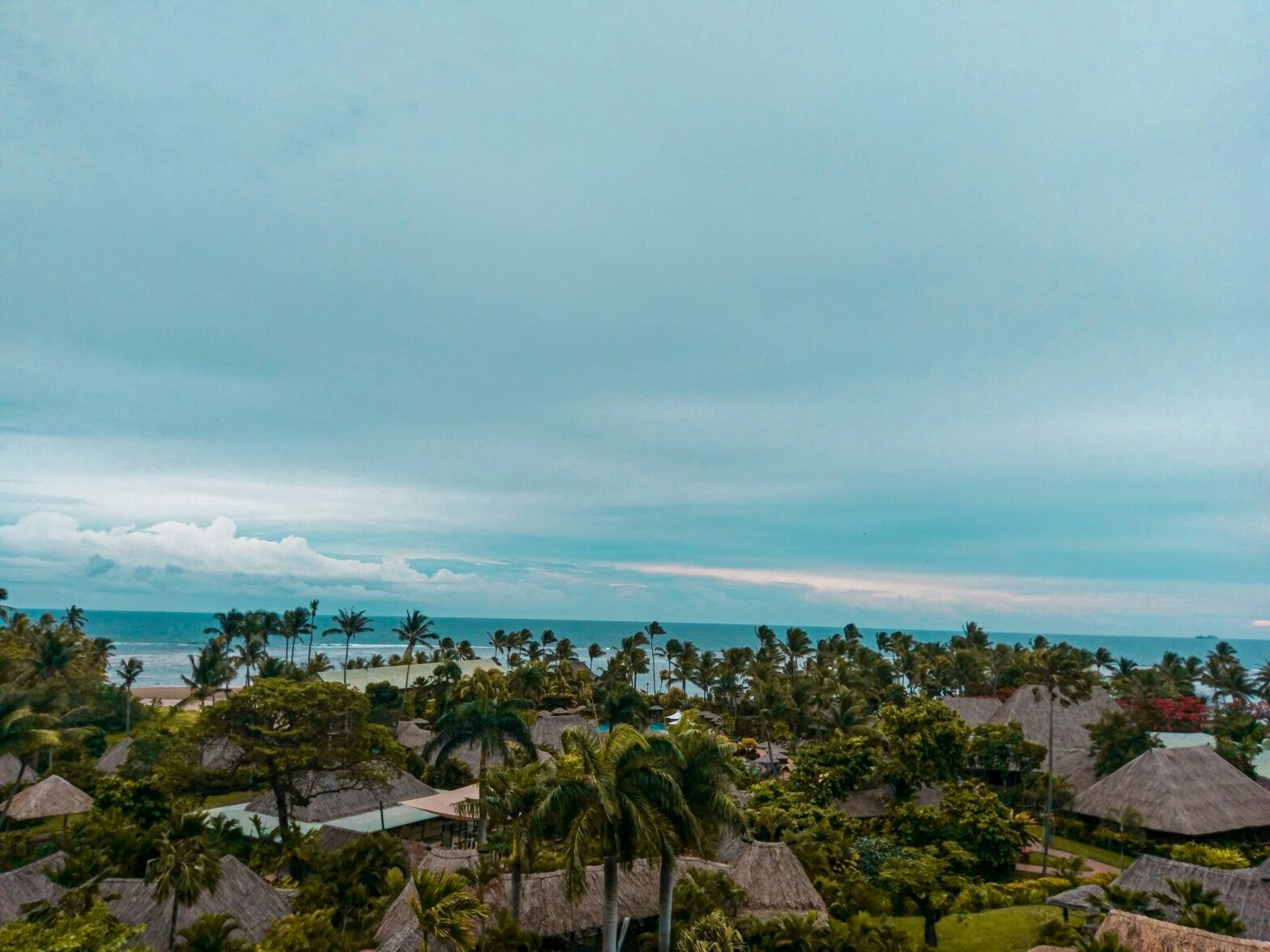So now it is official? After thousands of cases of monkeypox globally, including in the US, the World Health Organization declared this Monday that the world is under a “public health emergency of international concern (PHEIC)”. The term is designed to trigger a coordinated international response and could unlock funding to collaborate on sharing vaccines and treatments.
As Reuters reported, the announcement was made after members of an expert committee met on Thursday to discuss the potential recommendation. Nine members voted against and six in favor of the declaration. Then, WHO Director-General Tedros Adhanom Ghebreyesus decided to break the impasse.
“Although I am declaring a public health emergency of international concern, for the moment this is an outbreak that is concentrated among men who have sex with men, especially those with multiple sexual partners,” Tedros told during a press conference in Geneva.
Tedros also told reporters that the risk of monkeypox – which spreads via close contact and tends to cause flu-like symptoms and pus-filled skin lesions – was moderate globally- except in Europe, where the WHO has deemed the risk as high.
Europe accounts for over two-thirds of cases reported in just over two months. According to WHO, the global outbreak of monkeypox has led to more than 16,000 cases in 75 countries, while the virus has caused five deaths in Africa. WHO reported that the viral disease has been spreading chiefly in men who have sex with men in the recent outbreak, outside Africa where it is endemic. Tedros alerted, however, that countries should avoid stigma and discrimination related to the virus.
Biden administration officials have said the declaration was a “call to action for the world community to stop the spread of this virus.” Raj Panjabi, director of the White House pandemic preparedness office, said a “coordinated, international response is essential” to stop the spread of the disease and protect communities at the greatest risk of contracting it.
As of Friday afternoon, the CDC had reported 2,891 cases of monkeypox in the U.S. – a number more than ten times higher than a month ago.
As Travel Noire reported on July 20, in terms of total number of cases, DC ranks fifth in the country, behind New York (489), California (266), Illinois (175), and Florida (154), according to the Centers for Disease Control and Prevention (CDC.) In total, over 1,800 cases have been confirmed in the US by the CDC, and over 11,500 across the globe.
Monkeypox has a long incubation period. After initial exposure, it can be weeks before symptoms develop. An early heads-up from a robust contact tracing effort could help people exposed to monkeypox isolate and seek tests or vaccines before symptoms appear.
The virus is spread through physical contact with someone who has symptoms. Rashes, body fluids (such as pus, or blood from skin lesions), and scabs are particularly infectious.
Ulcers, lesions, or sores can also be infectious since the virus can be spread through saliva. Contact with objects that have been in contact with the infected person – such as clothing, bedding, towels – or objects such as eating utensils can also represent a source of infection.
People who have the disease are contagious while they have symptoms (usually within the first two to four weeks). It is not clear whether or not asymptomatic people can transmit the disease.





